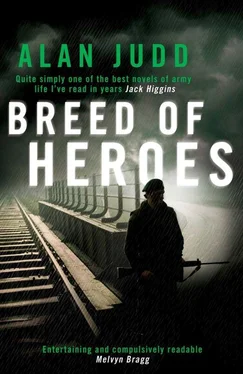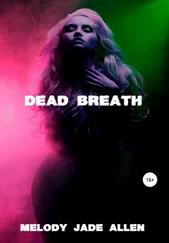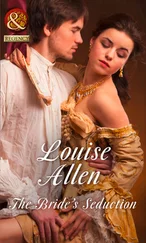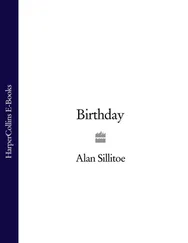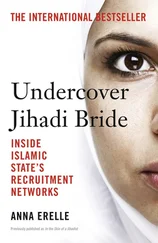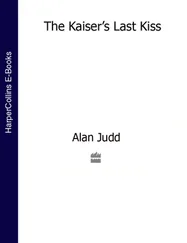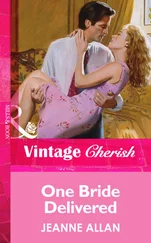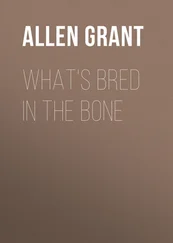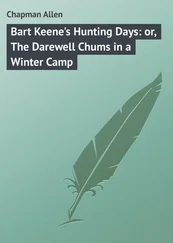‘The idea of it, which is what you like about it even when you’re not doing it, in my sense. It doesn’t depend so much upon who you’re doing it with because you’re trying not to let the personality enter into it. The more anonymous the better. You’re trying to reduce the other person and yourself to objects, not even feeling objects but objects who are attracted basically by an idea of their own objectivity. It’s a death-wish really, I think. Pornography is basically that. You should talk to Chatsworth about it.’ Henry spoke as though he were giving confidential medical advice, and was referring to a well-known specialist.
‘Chatsworth? Why? Is that what he thinks?’
‘No, but he would if he thought at all.’
‘Why are you asking me?’ Charles lowered his voice because they were walking along the corridor now.
‘It just struck me,’ whispered Henry. ‘You don’t talk much about it. I think you probably have a much healthier attitude but there might be scope for a little sickness. I haven’t given up hope.’
‘Thanks.’
‘Keep me informed. Frustration might corrupt you. It probably won’t, though, that’s the trouble.’
One of Charles’s duties, delegated by Edward, was to write the weekly Intelligence and Community Relations reports for the C company area. The former was comprised mainly of observations provided by the soldiers and a few generalisations of his own, which were either suggestively vague or unashamedly obvious. The soldiers on their patrols would talk to anyone who would talk to them, thus giving a fair indication of the mood of the area, and they would also record minor incidents. Charles would then compile a report out of McCart’s not having been seen on Monday or Tuesday and of a neighbour’s remark that he was resting after the weekend troubles, listing the number of stonings and arrests and adding his own comment on the mood of the area. He found it difficult to write without any clear idea of his audience and so tailored what he produced for Nigel Beale, who strove to see significance in everything. In one report he facetiously noted an increase in the number of children’s bicycles in the area, which Nigel immediately related to the use of bicycles as bombs in Vietnam, where their frames were filled with explosive. He heard later from Nigel that this part of the report had been included in the Brigade Intelligence report and that the enforced searching of bicycles was under consideration. Nigel was disappointed, and Charles relieved, when Brigade decided to await further evidence. None was forthcoming.
Similarly, Charles’s weekly Community Relations reports consisted in a little mild fantasising about the ‘CR climate in the area’ and deliberately lengthy accounts of minor good deeds done by soldiers on their rounds. There was relatively little CR work done by any part of the battalion, partly because Anthony Hamilton-Smith was supposed to be coordinating it but mainly because most attempts by the Army to establish friendly contacts in such a strongly Republican area were doomed to failure. Even those willing to risk it in the early days of the troubles had soon been intimidated out of it, and there never had been many. A number of schemes had been tried along the lines of the ‘hearts and minds’ operations which had worked well in other parts of the world, such as the building of community centres and the provision of sports equipment, but it was soon found that although the money for the projects was accepted with alacrity the work on them proceeded rather more slowly. The only completed community centre had been burned down within a week because it had received Army assistance. One of the very few successful projects was the boxing club started for the youth of the area by the C company sergeant major. Two nights a week some of the children who had previously thrown bricks into the Factory yard came into an old machine room and happily thumped each other under the sergeant major’s watchful eye. Within a few weeks they were taking their hands out of their pockets and greeting him as ‘Sergeant Major’ when they met him in the street.
One Sunday afternoon there was what was called a ‘confrontation’ on the Peace Line. It began with a Republican parade that passed close to one of the main barriers, a large metal and concrete structure which completely blocked what had been a main road. The parade was a procession of several hundred people led by the Seamus Murray Memorial Band, a smart affair of pipes and drums with young men and young women, as well as girls and boys, dressed in green and white costumes. The music was lively, simple and militant, and the stretch of the road by the Peace Line was lined three deep with spectators. It was an annual event, not sponsored by the IRA, but in a land where bands and parades were so loved they were also symbols of defiance or reminders of victory. Although before the recent troubles there had been some interchange of instruments, and even players, between the two communities, this was now impossible. The band was viewed by both sides as a Republican gesture.
Tim’s platoon was manning the barrier and patrolling the immediate area in case of trouble. Chatsworth’s was doing guard duties and resting whilst Charles’s was on standby in the Factory at two minutes’ notice to move. Charles had persuaded Edward to allow him to go to the barrier with his wireless operator, partly because he was curious and partly because he preferred getting out of the Factory into even the meanest of streets for even the shortest of periods to staying in. In order to do this he had had to work carefully upon Edward for most of the morning since Edward’s usual reaction to any suggestion was ‘no’, unless he thought that the CO might think otherwise. Charles felt it was no small triumph to have got Edward to agree that he should be on the spot in case his platoon were called out so as already to have a firm tactical grasp of the situation.
It was a sunny afternoon and the sense of carnival, with the band’s gay colours and lively tunes, was a welcome change in the drab surroundings. For a time everyone watching — the Protestants on the far side of the Peace Line, the soldiers manning it and the Catholic crowd whose band it was — was caught up in the atmosphere and made a part of it. Differences were not forgotten but for a short time did not matter. The large crowd following the band was organised in the traditional Republican way, with men and youths at the front and women and children at the back. The latter straggled along in happy confusion but the men and youths attempted to march in the normal IRA fashion of files of four stamping their feet, so that the background to the band music was the sinister clump of boots. They carried no weapons and wore neither berets nor combat jackets. Their faces were serious and meant to be expressionless but the effort of concentration produced a pained look on some. The clumping was at its most eerily effective when the band was silent.
Charles and his wireless operator stayed close to the barrier but were in a good position to see the parade. The attitude of the watching crowd with regard to the soldiers was probably intended to be one of contemptuous indifference, as one might regard an uninvited guest whose presence one disapproved of but with whom it was useless to argue because he had no conception of good manners, except that the Irish were unpractised at appearing indifferent and the effort plainly showed. Charles asked four people who Seamus Murray was and why he was remembered, but got no answer from the first three. The fourth replied curtly that Seamus had been murdered by the British in 1942. Charles, who still lacked cynicism, retreated in discreet and apologetic silence, only to discover much later that Seamus had been hanged for the murder of two policemen.
Читать дальше
